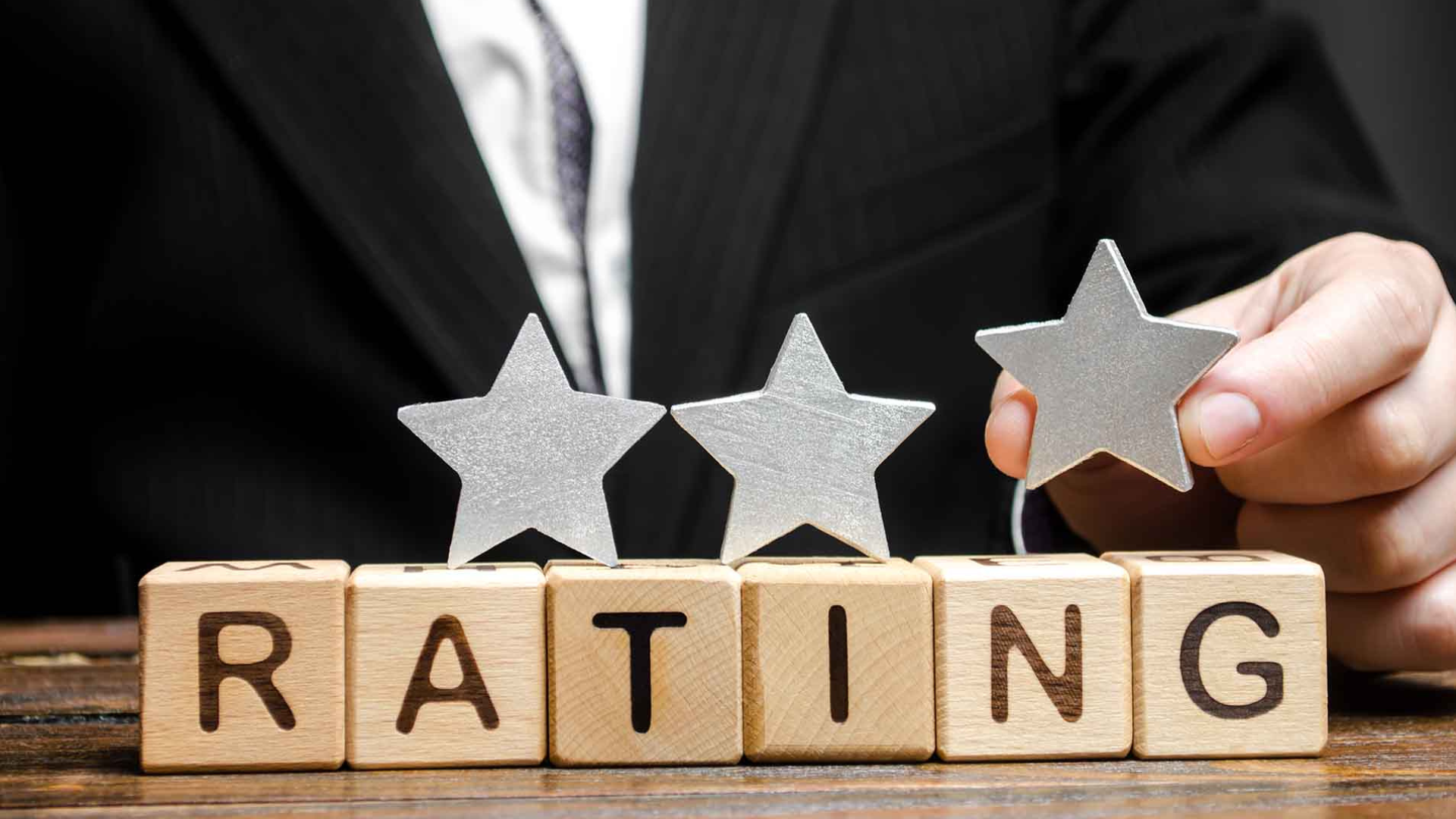
This is a collection of my thoughts on the factors that influence Amazon’s rating system.
It’s a frank discussion, coming from my years of experience. Some of it is based on data provided by Amazon, some of it is an educated guess based on observation, some is pure conjecture. I have a lot more data on this, but for brevity I have stayed out of the weeds on some of the explanations. Despite what I’ve written here, I believe it likely that there are more factors that I have not gone over in this… If you have ideas on what those could be, I’d love to hear them!
Here are some of the factors that we KNOW impact the rating of your product:
Amazon specifically states that they assign more significance to the most recent reviews. This is due to the assumption that recent reviews reflect the most current state of the product. Therefore, if you get slammed with a bunch of negative reviews, I believe that it can drop your rating much faster than it should mathematically equate to.
If your most recent reviews have lower ratings, I think Amazon sees this as a product rapidly trending DOWN or that there is some sort of issue with it.
I’ve seen many instances of a product having had a 4.3 rating for not just months, but YEARS, then suddenly be strategically hit with a blast of negative ratings and reviews, causing it to drop from a 4.3 to a 4.2 average star rating.
If newer reviews hold more weight than older reviews, then you could postulate that reviews gradually contribute less and less weight to the overall rating as time marches on. This would ensure that the star rating reflects the product’s current performance.
With that said, I also think that if you have a long history of having a high ratings Amazon takes that into account as well.
Reviews from verified purchasers are considered more trustworthy. That doesn’t mean an unverified review has no impact, just that Amazon claims it does not hold as much weight.
That being said, I’ve seen evidence to the contrary.
What I think, therefore, is that the lower the number of reviews, the higher the impact of an unverified review because there’s not as much content to overcome its value.
A few comments on this follow.
Reviews that are detailed, well-written, and deemed helpful by other users can carry more weight. In the case of Google, they’ve gamified the review system.
I actually think that gamifying the review system would be in the best interest of Amazon, the seller AND the buyer.
Keywords play a factor in reviews. This is how Dufus is aggregating the data and giving a synopsis of what people do and don’t like. This is of course a two way street when it comes to positive and negative reviews. Unfortunately, this is where fraud really comes into play… In suspicious and fraudulent reviews, I VERY often see alarming statements, usually in all capital letters:
This means that if a competitor wanted to smack you down in the ranking, they can have a bunch of buyer accounts buy your product and leave a bunch of reviews stuffed with specific keywords to alarm Amazon’s algorithm.
I believe that buyer accounts who consistently provide write reviews may have their ratings and reviews weighted more significantly than others who only leave star ratings or occasionally write reviews.
I have nothing to substantiate this, I am making an educated guess based on the fact that they consider the most recent reviews to have more weight. So if you have an account that leaves reviews with lots of well written content, those reviews will hold more weight.
This means that if a buyer account has a bunch of well written low-star reviews, it can lower the average rating more quickly than a buyer account that has only ever left 3 reviews.
You would think that Amazon’s algorithm would “downweight” or exclude reviews that were suspected of being fake or biased. But I have seen so many instances of accounts where all evidence points to them being fraudulent accounts, yet no action is taken against those reviews or the buyer account. Some of the things that YOU should be looking for are:
I believe this is a topic high on the minds of Amazon sellers in particular, and now eCommerce entrepreneurs in general since the FTC has officially made it illegal to acquire or promote fake reviews and testimonials.
As a long-time Amazon seller and entrepreneur myself, with years of additional experience as an owner and executive at several third-party companies dedicated to providing services and software to help Amazon sellers succeed, I felt it was time to share my thoughts in a format like this.
Amazon keeps a lot of secrets. This we know. But there are many of us, and we observe things, we learn things, and as we learn I believe it’s important we share, discuss, and learn even more.
Hit me up with your own observations or any questions.